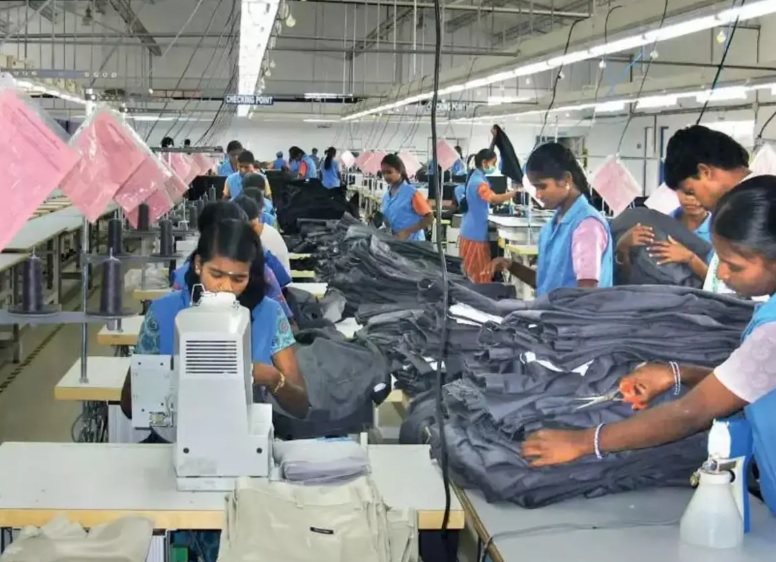Japanese designers are redefining the concept of fashion. In 2012, Yoshikazu Yamagata held fashion shows without clothes. This was meant as a blow to the idea that the world revolves around a designer’s clothes and instead focus on a world that incidentally includes fashion. This marks a cultural shift that reflects that only a handful of people actually wear haute couture gowns that are currently regarded as real fashion. Isetan Shinjuku’s petite section is holding an event aimed at women 150 centimeters tall and below. The highlight of the Isetan line-up is a seven-way dress that can be styled seven different ways and acknowledges the differences in dressing the shorter woman’s body. Ikebukuro Seibu makes washable period-proof underwear. The intent is to change the view of menstruation and the use of disposable sanitary products.
Brands are increasingly relying on external creative forces to make something new. Artists are a welcome guest in the designer’s world. Michael Kors’ bags sport Masami Yanagida illustrations. With the fashion industry’s relentless use of collaborations to court attention, designers are being asked to bring someone else’s world to life rather than their own. Issues like inclusivity and social change have started to fall into the hands of brands with real consciences.
Japanese designers redefining the way world look at fashion
- 1
- 2
- 3
- 4
- 5
- 6
- 7
- 8
- 9
- 10
Tiruppur, India's knitwear powerhouse defies odds, challenges global giants
In the global textile manufacturing market, where countries like Bangladesh and Vietnam leverage preferential trade agreements (FTAs) to dominate export... Read more
The rise of the intrinsic durability multiplier in fashion
The conversations at the recent ‘Innovation Forum’ have blossomed into a clear call to action: the fashion industry is under... Read more
Viscose transforms from ‘Artificial silk to sustainable innovation
Viscose, often dubbed ‘artificial silk’ earlier, has a long and complex history in the textile industry. A regenerated cellulose fiber,... Read more
Rethinking Textile's Future: Innovations in sustainable fibers and circularity
The textile industry is increasingly focusing on natural fibers and circularity, with new research and initiatives pointing towards a more... Read more
IHKIB hosts successful ‘Turkish Apparel Industry’s Transformation Journey’ event…
Customs Union modernisation key to EU competitiveness Mustafa Gültepe, Chairman of the Turkish Exporters Assembly (TIM) and Istanbul Apparel Exporters’ Association... Read more
Where do your old clothes really go? Unraveling the secondhand clothing journey
The fate of our old clothes is often shrouded in misconception. A widely held belief suggests that most donated garments... Read more
Theory of Constraints, weaving success in global apparel and textiles sector
In the fast-paced, ever-evolving world of fashion, apparel, and textiles, efficiency and agility are paramount. The Theory of Constraints (TOC),... Read more
Gartex Texprocess India 2025 Mumbai edition draws record crowd, sparks industry …
Gartex Texprocess India 2025 concluded with a record-breaking turnout, reaffirming its importance as a key sourcing and technology platform for... Read more
LuxExperience: How the Mytheresa-YNAP merger will reshape online luxury retail
The digital scenario of luxury retail has irrevocably altered with the successful completion of Mytheresa's acquisition of Yoox Net-a-Porter (YNAP)... Read more
US Apparel Imports: Scenario changes subtly as China's dominance reduces
For years, China reigned supreme as the undisputed king of US apparel imports. While still the largest supplier in aggregate... Read more












